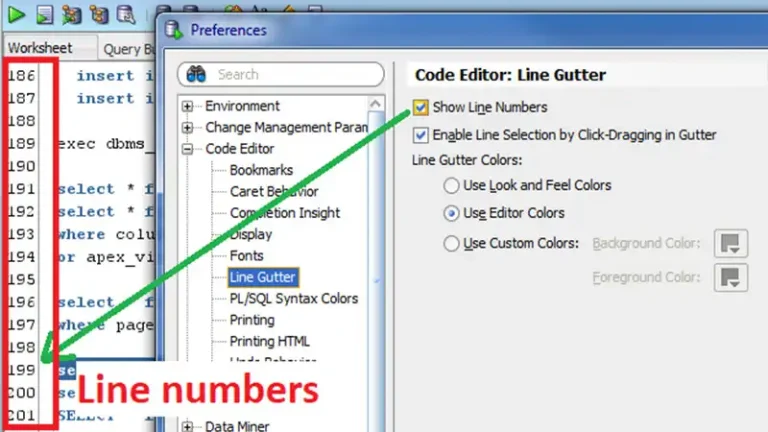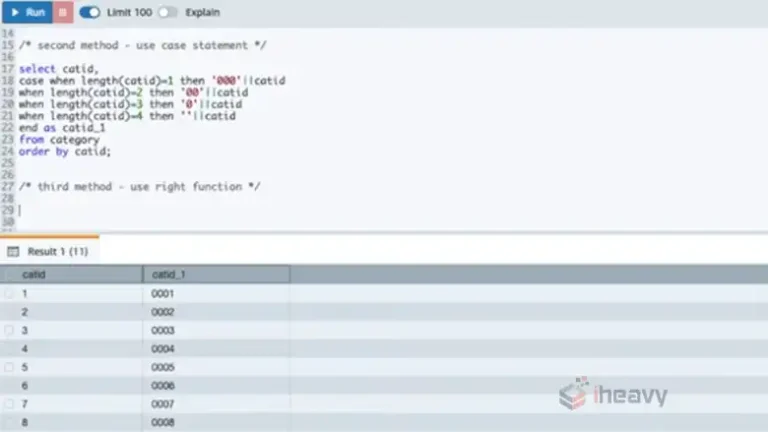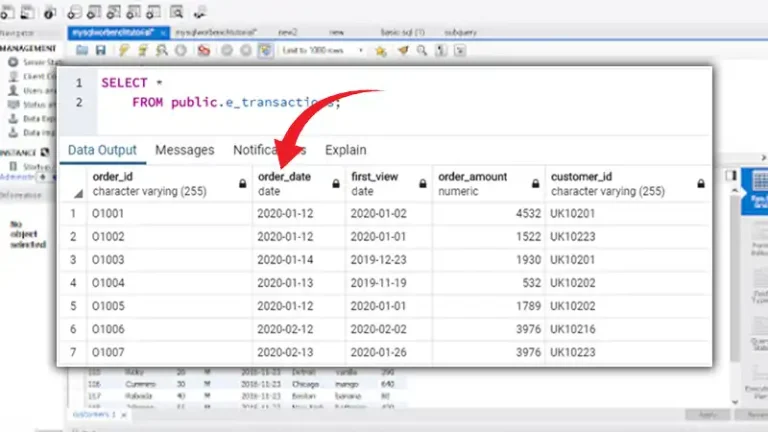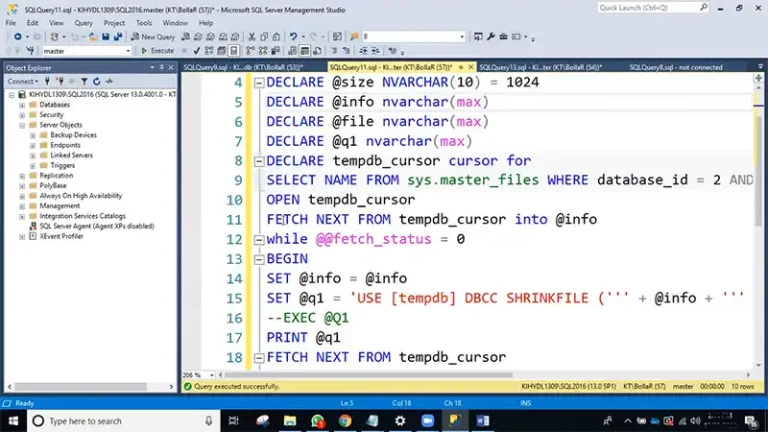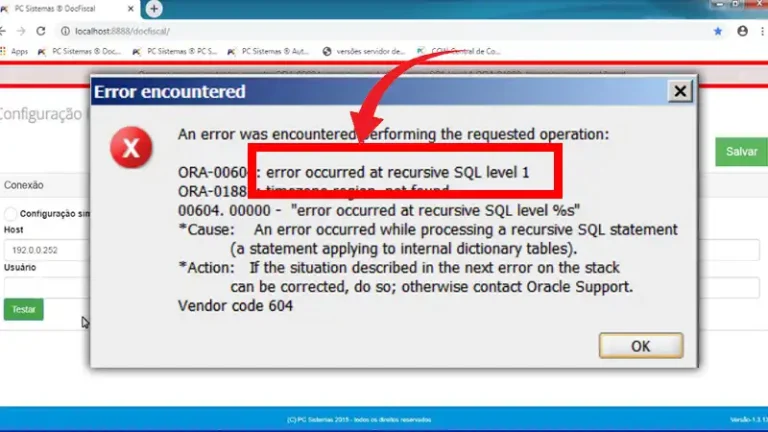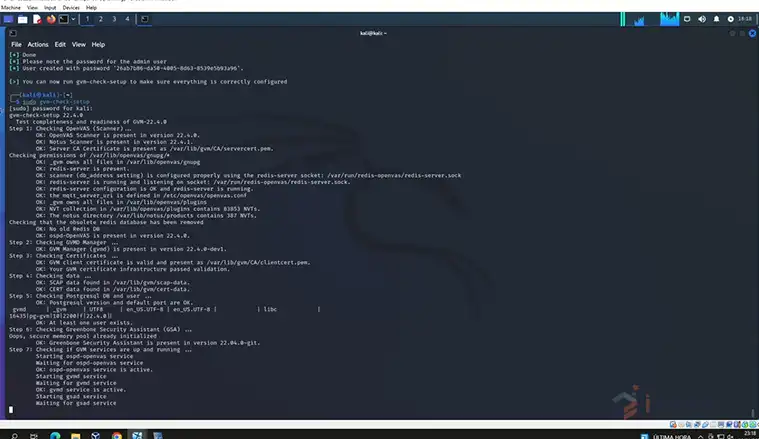SQL Interview Questions for Business Analysts | Prepare for Success
Business analysts play a crucial role in organizations by analyzing data to provide insights and recommendations for informed decision-making. SQL (Structured Query Language) is a fundamental tool for querying and manipulating data, making it essential for business analysts to possess SQL proficiency.
In this article, we’ll cover some common SQL interview questions that business analysts may encounter during job interviews, along with explanations and tips for answering them effectively.

Basic SQL Knowledge
Here are some basic SQL knowledge that you might be asked at the interview.
What is SQL, and what are its primary functions?
SQL is a domain-specific language used for managing and manipulating relational databases. Its primary functions include querying data using SELECT statements, inserting, updating, and deleting data using INSERT, UPDATE, and DELETE statements, and defining database schema and structure using CREATE, ALTER, and DROP statements.
Explain the difference between SQL’s SELECT and SELECT DISTINCT statements.
The SELECT statement retrieves data from a database table, including duplicate rows, while the SELECT DISTINCT statement retrieves unique rows, eliminating duplicates.
How do you retrieve all records from a table named “Employees”?
To retrieve all records from the “Employees” table, you can use the following SQL query:
Sql
SELECT * FROM Employees;Explain the difference between the WHERE and HAVING clauses in SQL.
The WHERE clause is used to filter rows before grouping in aggregate functions, while the HAVING clause is used to filter groups after grouping has occurred.
How do you calculate the total number of orders placed in a table named “Orders”?
To calculate the total number of orders, you can use the COUNT() function in SQL:
sql
SELECT COUNT(*) AS TotalOrders FROM Orders;Can you provide an example of using the GROUP BY clause in SQL?
Sure! The GROUP BY clause is used to group rows that have the same values into summary rows. For example, to calculate the total sales amount for each product category, you can use the following SQL query:
sql
SELECT Category, SUM(Amount) AS TotalSales
FROM Sales
GROUP BY Category;Explain the difference between INNER JOIN and LEFT JOIN in SQL.
An INNER JOIN returns only the rows that have matching values in both tables, while a LEFT JOIN returns all rows from the left table and the matched rows from the right table. If there is no match, the result is NULL.
How do you update a specific record in a table named “Customers”?
To update a specific record in the “Customers” table, you can use the UPDATE statement with a WHERE clause to specify the condition for the update:
sql
UPDATE Customers
SET City = 'New York'
WHERE CustomerID = 1;Frequently Asked Questions (FAQ)
How should I prepare for a SQL interview as a business analyst?
Practice SQL queries related to data retrieval, filtering, aggregation, and joins. Review common SQL functions and clauses, and be prepared to explain your thought process when solving SQL problems.
What are some additional resources for learning SQL?
There are many online resources available, including tutorials, courses, and interactive platforms such as SQLZoo, W3Schools, and Mode Analytics. Consider practicing SQL queries on real-world datasets to improve your skills.
What should I do if I encounter a SQL question I’m unsure how to answer during an interview?
If you encounter a challenging SQL question, don’t panic. Take a moment to understand the question and break it down into smaller parts. Communicate your thought process to the interviewer and demonstrate problem-solving skills, even if you don’t know the answer immediately.
Conclusion
Preparing for SQL interview questions as a business analyst requires a solid understanding of SQL fundamentals and practical experience with querying and manipulating data. By familiarizing yourself with common SQL concepts, practicing SQL queries, and reviewing sample interview questions, you can confidently tackle SQL interviews and showcase your analytical skills to potential employers.

